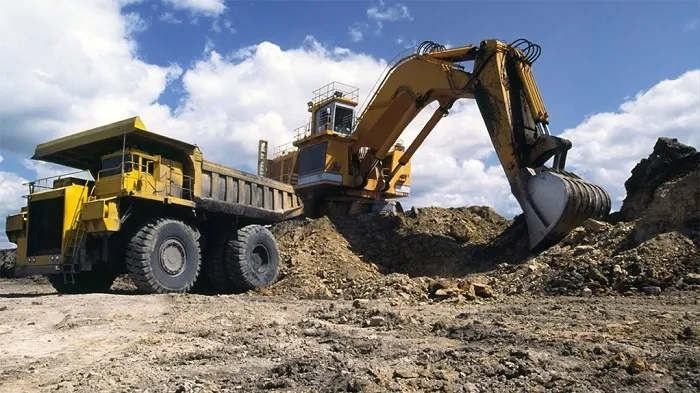Mining Other

Global Rights warns against Green mining without justice for host communities

Global Rights has cautioned that the drive for green mining in West Africa must not repeat past injustices against host communities, insisting that mining wealth must not cost lives. The organisation stressed that while global demand for minerals critical to renewable energy is rising, justice, dignity, and accountability for affected communities must remain at the heart of the conversation.
Speaking at the opening of the 5th West African Mining Host Communities Indaba in Abuja, Executive Director of Global Rights, Abiodun Baiyewu, said the push for a greener world should not be at the expense of people whose lands, water, and heritage are often destroyed in the process. “The promise of a greener world must not come at the expense of the dignity, rights, and survival of host communities,” she declared.
Baiyewu recalled her experience in Zamfara State in 2011 during a gold-mining-related lead poisoning crisis that killed hundreds of children. She linked this tragedy to similar devastation across Nigeria and West Africa, citing cases in Niger, Kogi, Gombe, Ebonyi, and the Niger Delta where communities have suffered environmental degradation and rights violations. “Zamfara’s children were the cost of gold mining. Wealth that would never transform their lives or their state,” she stated.
The Global Rights director warned that the rising demand for lithium, cobalt, and bauxite, essential for renewable energy technologies, must not lead to a repeat of such human and environmental costs. She emphasized that the principle of Free, Prior, and Informed Consent (FPIC) is crucial, ensuring that communities are active participants in deciding how their resources are used and how benefits are shared, rather than passive victims.
Baiyewu lamented that while world leaders gather at international forums like the UN General Assembly, the critical voices of host communities remain absent. She explained that the West African Mining Host Communities Indaba was conceived to give such communities a platform to shape their own agenda, share strategies, and demand accountability.
This year’s theme, "The Intersection of Green Mining and the Right to Free, Prior and Informed Consent," aims to interrogate how Africa can balance the urgent global demand for green minerals with the call for justice and equity. Baiyewu concluded by posing a central question to participants: “How do we ensure that the transition to cleaner energy systems does not reproduce old patterns of exploitation, displacement, and conflict?”












